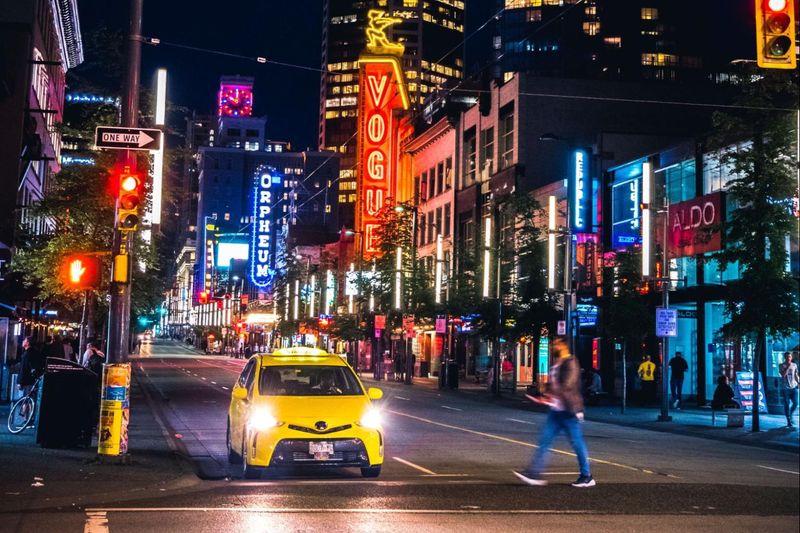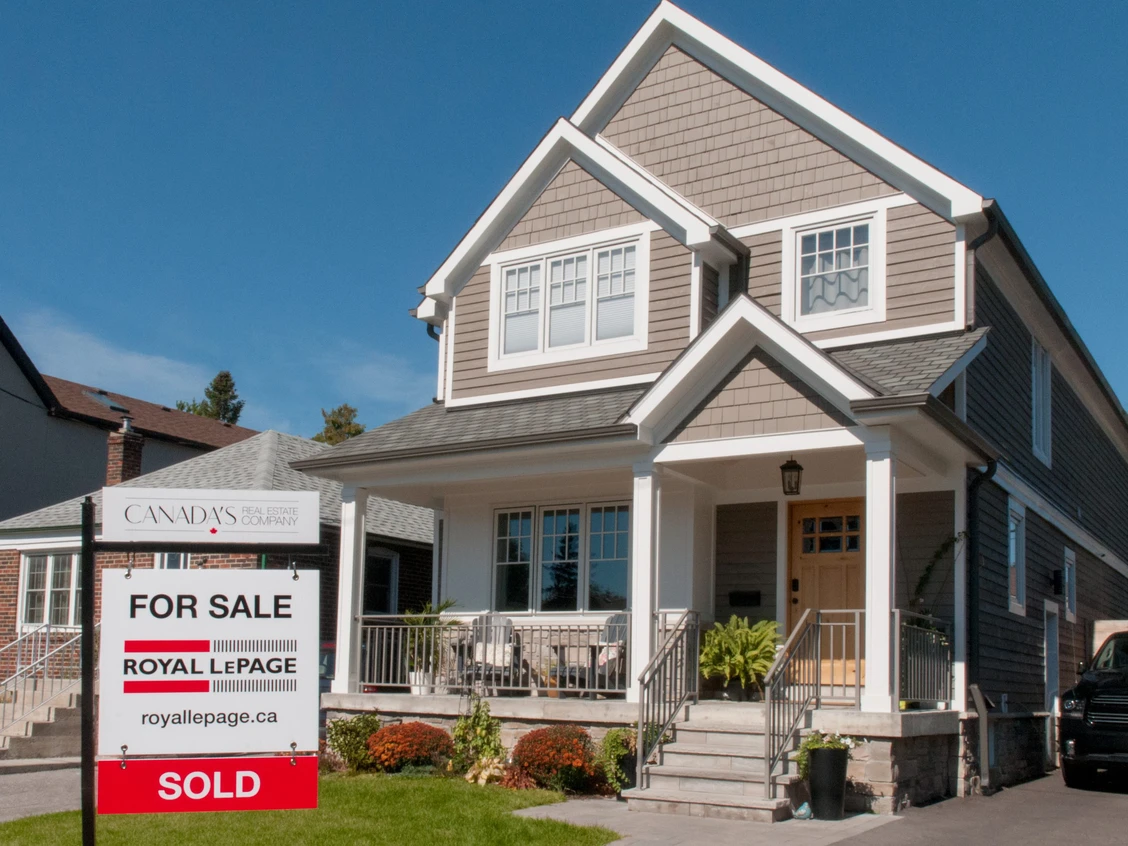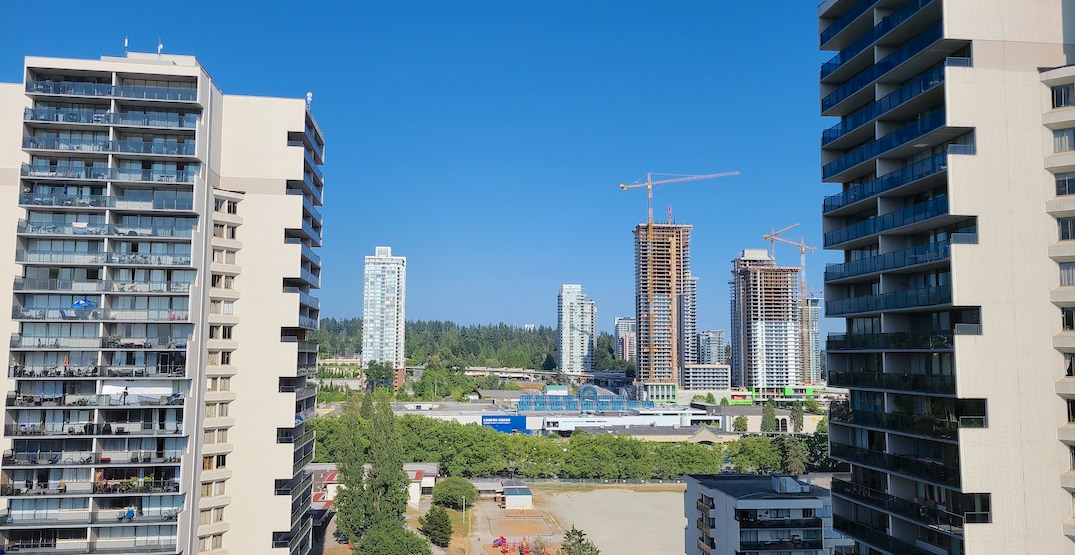Vancouver’s affordability woes amplified by supply shortage

NEIL SHARMA
VANCOUVER
CANADIAN REAL ESTATE WEALTH
JUNE 4, 2021
An Oxford Economics report recently bestowed upon Vancouver the dubious honour of being North America’s least affordable city, and according to a local real estate professional, that won’t change unless wholesale investment is made to increase the city’s housing supply.
Vancouver’s population grew by 0.98% to 2,581,000 last year, an increase of about 25,294 people, but the city intends to add 1 million new residents by 2050, or 34,482 annually over the next 29 years. Resultantly, says Jacky Chan, president of BakerWest, a real estate sales and marketing firm, housing supply needs to catch up, and fast, although he doesn’t see how it will.
“We’re expecting something in the neighbourhood of 200,000 people over the next five years, but we’re only completing 11,000 homes a year,” Chan told CREW. “That would be the equivalent of fitting around 18 people into every new home that’s built to offset the population influx, so obviously if supply doesn’t catch up to demand, there’s no way for prices to go but up.”
Supply and demand disequilibrium invariably, and consequently, puts upward pressure on the cost of housing. Historically low-interest rates have catalyzed a flurry of purchasing activity in the Vancouver real estate market and that, too, is pushing up the price of homes. RE/MAX data showed that the average sales price of a Vancouver home in 2020 increased by 11.4% to $1,270,000 from $1,140,000 in 2019, and an additional increase of 4% to $1,320,800 is expected this year.
“Vancouver’s new home construction has been softer over the course of 2020, with it being stronger over the past four months, benefitting from the seller’s market,” said a RE/MAX report released in December 2020. “New-construction homes in Vancouver are on the high end in terms of prices. The new-construction market in Vancouver has been firming up over the past couple of months, so overall the housing market has been stronger. This is expected to continue into 2021.”
Canada Mortgage and Housing Corporation figures showed 21,141 housing starts in Vancouver in 2019 and 22,371 last year, however, according to statistics from B.C. Housing, there were only 950 new homes registered in Vancouver in April. Given the city’s growth ambitions, that would require over 2,000 new home registrations a month.
Demand is already underserviced by supply, says Chan, and the discrepancy will become wider.
“We’re only servicing 10-20% of demand at the rate we’re going at now. For the government to service this, there needs to be a dramatic increase in development, and the density of the developments needs to be increased as well,” said Chan. “The lack of supply and the slow approval process have created a slower supply pipeline, particularly in Vancouver where it’s not easy to be a real estate developer and get your application approved by the city. That has been the major issue.”
To view the full article, click here.


